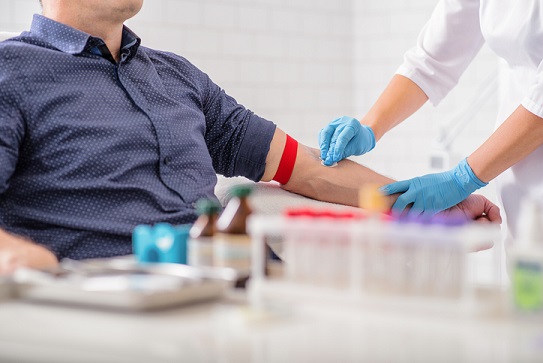How Companies Handle Workplace Drug Testing

Workplace drug testing?
It’s a hot topic – and with good reason. Thanks to historically low unemployment, employers across the country are struggling to recruit qualified candidates. At the same time, several states are legalizing recreational drugs like marijuana for personal use.
In a time when talent is scarce and drug usage is becoming more acceptable, it’s little wonder more people are pushing for the abolishment of workplace drug testing.
But is that a good idea? Research cited by the National Institute on Drug Abuse shows that drug use on the job leads to a host of problems. Substance-abusing employees are more likely than those who do not use substances to:
- change jobs frequently;
- be late to or absent from work;
- be less productive;
- be involved in a workplace accident and potentially harm others;
- file a workers’ compensation claim.
If you’re in an industry like transportation, safety, defense, healthcare, education or aviation, you may be required to test certain applicants and employees for drug and alcohol use. If your organization isn’t required by law to conduct drug testing, however, what’s the best way to handle this complex issue?
Here are a few options today’s employers use, in areas where it’s permitted by law:
Pre-employment drug testing. Employers may screen job applicants for drug usage as part of the hiring process. Typically, drug screening is conducted once an employer has offered a candidate a job. If the candidate refuses or fails the drug testing, the employer could withdraw the job offer.
Reasonable suspicion drug testing. In this type of drug testing, employees are subject to testing when a supervisor has evidence or reasonable cause to suspect an employee of drug use (based on direct observation, either by the supervisor or another employee). Since this is a discretionary type of drug testing, supervisors must be carefully trained to ensure consistent application of the program across the workforce.
Post-accident drug testing. As its name implies, this type of drug testing is performed after an employee has been involved in a workplace accident – generally within 12 hours. Testing is designed to determine whether drugs were a factor in the incident (though a positive result in and of itself cannot prove that drug use caused the accident).
Random drug testing. This type of workplace drug testing is popular for two key reasons but does require some caution:
- It’s a strong deterrent to drug users, because it’s conducted on an unannounced basis using a random selection process.
- The random selection process ensures that there is no bias, which helps protect the employer.
- Caution: This type of drug testing is heavily regulated and used by companies covered by the Department of Transportation.
Should you test your new hires and employees for drug usage or not?
The truth is, only you can decide. But before you do, consider the pros and cons of workplace drug tests, which we cover in this earlier post.
Hire Smarter with PrideStaff
Minimize your organization’s risks and increase applicant quality by allowing our pre-employment screening experts to manage part or all of your screening process. PrideStaff can:
- increase workplace safety (by uncovering criminal history before candidates are hired);
- ensure nondiscriminatory hiring practices are followed;
- reduce the risks of negligent hiring suits;
- conduct additional pre-employment screening, including drug screens and skills testing, to ensure the right candidates are hired the first time.




